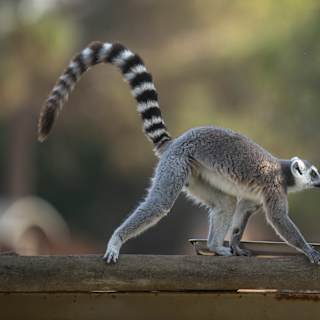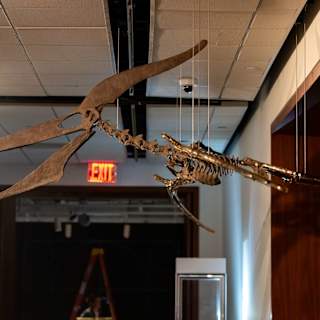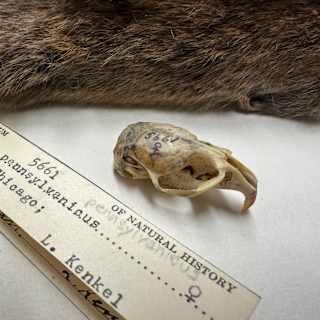- Curious Giants Drop Fresh Kills
- Intelligence Behind the Gesture
- Caution Amid Wonder
Wild orcas have attempted to share their prey with humans in at least 34 documented encounters across four oceans over the past two decades, offering everything from harbor seals to starfish in what researchers believe may be the marine mammals' way of trying to understand and build relationships with people.
A study published Monday in the Journal of Comparative Psychology represents the first comprehensive documentation of food-sharing behavior between wild orcas and humans, with incidents recorded from California to Norway to New Zealand. The research suggests these apex predators may be using their highly developed intelligence to explore what humans are and how we might respond to their overtures.

In each recorded interaction, orcas approached humans within one body length and deliberately dropped freshly caught prey—including sea otters, gray whales, green turtles, and jellyfish—before waiting for a response12. The encounters lasted about 30 seconds on average, with people in the water during 11 incidents, on boats in 21 cases, and onshore twice1.
"We have a long history of interacting with other animals, trying to feed them and gauging their responses. But it's very rare for any wild predator to do the same to us," said lead author Jared Towers, executive director of Bay Cetology in British Columbia3.
In seven instances, orcas made multiple attempts to offer food after humans initially refused it1. When some people accepted the prey and offered it back, the orcas either returned it again or shared it with their pod members2.
Researchers ruled out play as an explanation since the behavior was brief and involved orcas of all ages, not just juveniles who typically engage in play1. Instead, they believe the encounters represent exploration and relationship-building behavior.
"Orcas often share food with each other—it's a prosocial activity and a way that they build relationships," Towers said2. "That they also share with humans may show their interest in relating to us as well."
The behavior mirrors how orcas use food sharing within their own pods to strengthen social bonds with both relatives and unrelated individuals2.
Despite the apparent benevolence, researchers strongly discourage people from accepting prey from orcas or seeking out such encounters due to potential harm to both species12. The study comes as orcas off Spain and Portugal have damaged hundreds of boats since 2020, though experts remain divided on whether that behavior stems from trauma, play, or frustration3.
The findings offer a window into the complex cognitive abilities of orcas, whose brains are second only to humans in size relative to body mass2.



